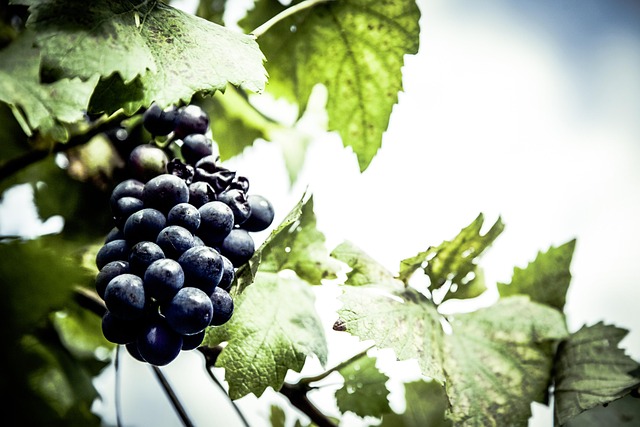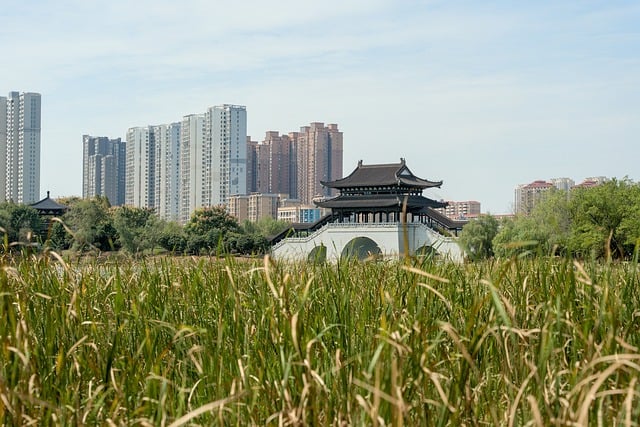In today’s rapidly urbanizing world, the concept of urban self-sufficiency is gaining incredible traction as more individuals and communities strive to cultivate green spaces amidst the concrete jungle. Cities, often characterized by towering buildings and bustling streets, can seem devoid of nature. However, the rise of eco-friendly gardening practices offers a viable pathway to reconnect with the environment, promoting both sustainability and community spirit.
One of the most empowering aspects of urban self-sufficiency is the ability to grow your own food. Imagine stepping out onto your balcony or rooftop garden to pick fresh herbs, tomatoes, or lettuce for your meals. Container gardening is a practical solution for those with limited space, allowing city dwellers to harness the potential of even the smallest areas. This movement not only reduces reliance on commercial food sources but also diminishes the carbon footprint associated with transporting produce across vast distances.
Furthermore, eco-friendly gardening practices foster a deep appreciation for nature. By incorporating natives plants, individuals can cultivate habitats for local wildlife, such as pollinators like bees and butterflies. This not only enhances the biodiversity within urban environments but also contributes to the well-being of the ecosystem. Creating little green havens amid urban landscapes can inspire others to participate in this sustainable journey, fostering a sense of community around gardening initiatives.
In addition to growing food, urban self-sufficiency can encompass various green practices. Composting, for example, offers a way to recycle organic waste while enriching the soil for your plants. Many communities have established composting programs, bringing neighbors together while promoting sustainability. Utilizing rain barrels to collect water is another effective strategy, encouraging residents to use what nature provides and reduce their dependency on municipal water supply.
Moreover, the benefits of urban gardens extend beyond the environmental impact. These green spaces can enhance mental health, providing a tranquil retreat from city life. The act of gardening is meditative, allowing us to connect with nature and reflect in a busy, chaotic world. Community gardens, in particular, serve as powerful spaces for social interaction, where diverse individuals come together, share knowledge, and participate in local food systems.
As we strive for urban self-sufficiency, it’s vital to educate ourselves and one another about sustainable gardening practices. Workshops, local gardening clubs, and online forums can serve as platforms for sharing experiences and resources. By collaborating, residents can learn from experts and discover innovative ways to cultivate their green ambitions.
Heartening tales of thriving urban gardens illuminate the ripple effect of eco-friendly initiatives. From abandoned lots transformed into productive community spaces to families enjoying fresh vegetables, these endeavors demonstrate that with dedication and creativity, nature can reclaim its place in our cities. Every seed sown is a step toward resilience and sustainability, inspiring future generations to embrace the green revolution.
Urban self-sufficiency isn’t merely a personal journey; it has the potential to reshape entire communities. By fostering a culture of gardening and environmental awareness, we can collectively contribute to a greener, healthier, and more self-sustaining urban future. So grab your gardening gloves and join the movement—together, we can thrive in the concrete jungle.




